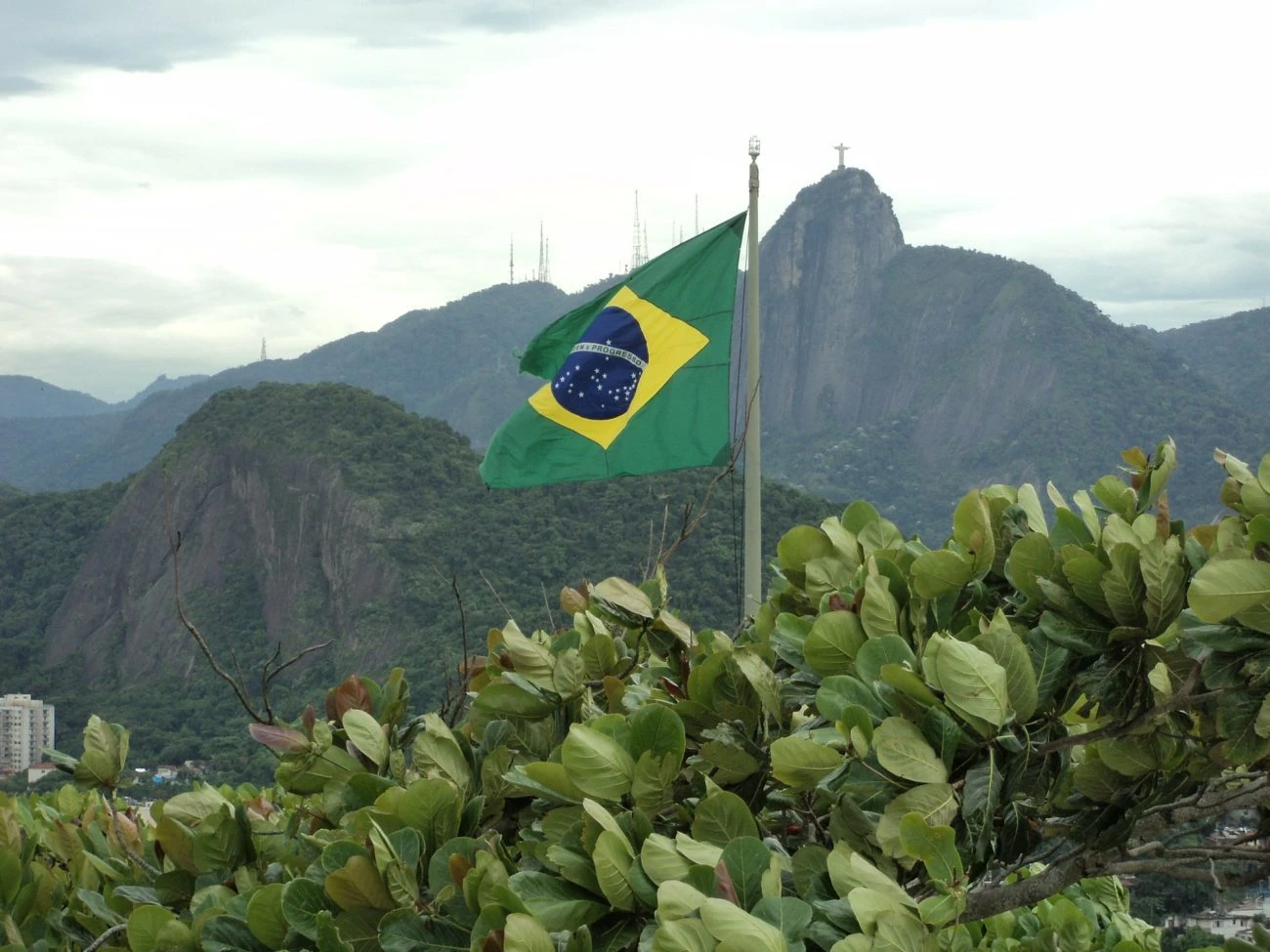Brazil’s SECAP prepares first draft of sports betting bill

Following the conclusion of a public consultation on the country’s sports betting regulations, the Brazilian government is to publish a draft bill for comment later this month.
The country’s Secretariat of Evaluation, Planning, Energy and Lottery (SECAP), a division of the Ministry of Economy, is in the process of developing sports betting regulations, with a 1% turnover tax to be levied on licensees.
Operators will be required to pay a R$3m (£592,568/€662,035/$731,406) fee for a nine-year licence, followed by a R$20,000 monthly fee for land-based betting operators. For online-only operators, this rises to R$30,000, and for operators active across both channels to R$45,000.
There will be no limit to the number of licences on offer, SECAP has confirmed.
The previous consultation, launched on 1 July and running to 31 August, saw more than 1,800 submissions or queries filed, including around 600 from gambling operators, a source close to the process told iGamingBusiness.com.
This volume of feedback was described by iGB’s source as a “surprise” to the Ministry, and sets a new record for submissions to one of its public consultations.
The second consultation, on the draft bill, is scheduled to be launched later in September according to the source, though an exact date is yet to be set. This, iGB understands, will be the industry’s final opportunity to have any input on the proposed regulatory framework for sports betting in Brazil.
Following years of stalled progress and dashed hopes, the passage of Provisional Measure 846/18 in December 2018 gave lawmakers a two-year window, to 2020, in which to develop sports betting regulations. This may be extended by a further two years if necessary.
The country’s government aims to bring a large, as-yet unregulated market under its control through the regulatory framework, allowing it to generate new tax revenue, increase foreign investment, create new jobs and preserve the integrity of sporting events.
